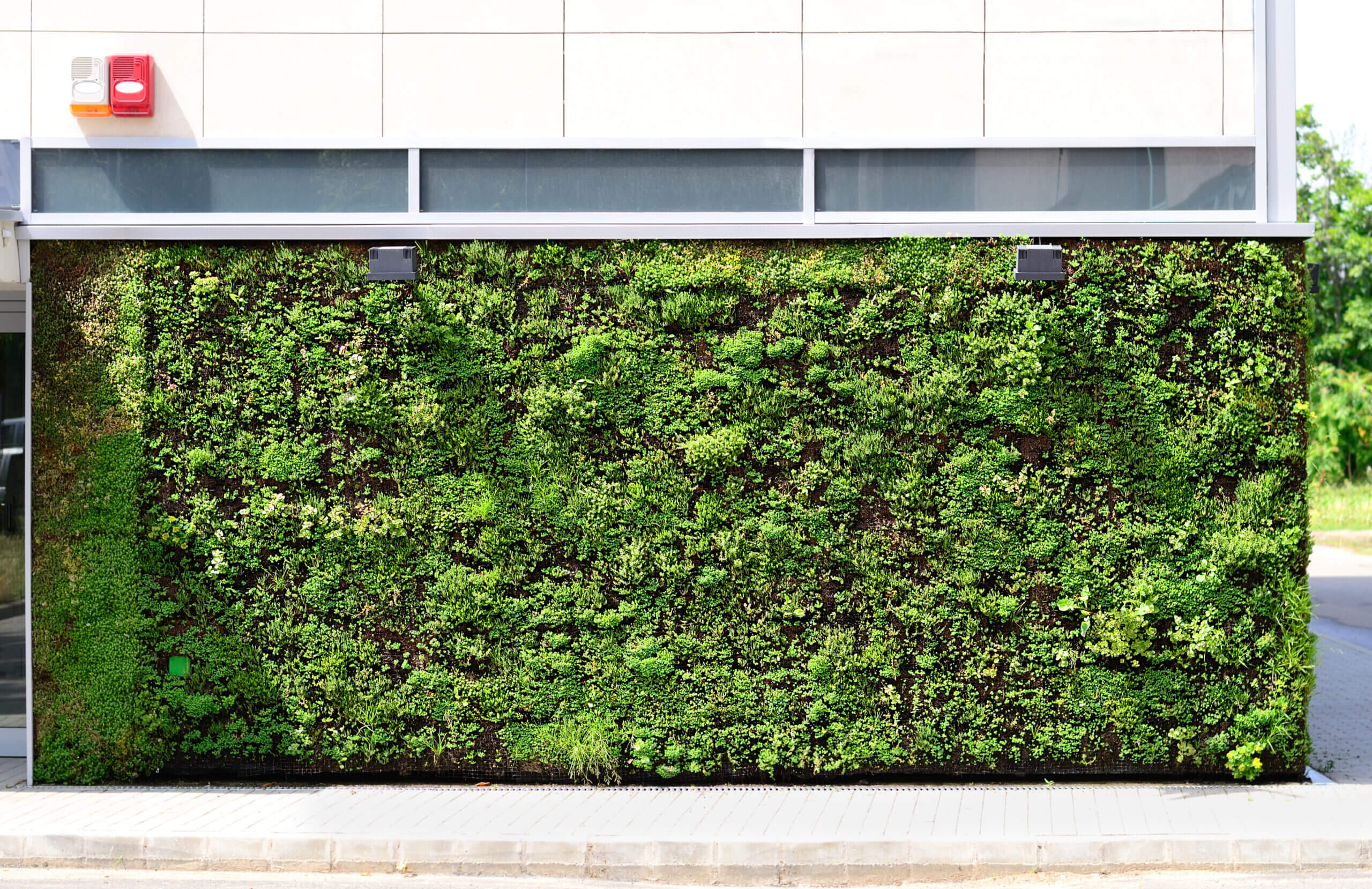The Emergence of Green: Vertical Gardens and Their Infrastructure
The Emergence of Green: Vertical Gardens and Their Infrastructure
Blog Article

Today, where eco-consciousness is paramount, innovative solutions like vertical gardens are on the rise. Known also as vegetated walls, these structures not only introduce plant life to city spaces but also provide a multitude of benefits for both our planet and human well-being. This write-up will delve into the intriguing world of living wall construction, explore different living wall systems, and discuss why living walls have become the eco-trend of the decade.
Living Wall Construction: Revitalizing the Concrete Jungle
The creation of living walls involves building vertical gardens on the outside or inside walls of buildings. These lush installations strive to emulate the natural growth of plants on vertical surfaces. Constructing a living wall generally follows these main steps:
Structural Considerations: It's critical to evaluate the structural integrity of the wall. A robust framework is required to support the weight of the plants, soil, and water.
Plant Selection: Selecting the right plants is vital for the effectiveness of a living wall. Factors like local climate, sunlight exposure, and wall orientation are thought about to select the best plant species.
Irrigation System: Proper irrigation is key to make sure the plants receive the right amount of water without leading to problems.
Growing Medium: A specialized growing medium, supportive and light, is used for optimal plant growth.
Maintenance: Regular care is crucial to keep a healthy living wall. Pruning, fertilizing, and pest control are all necessary for the routine.
Exploring Different Living Wall Systems
Over the years, living wall systems have developed, presenting a variety of options for various applications. Some of the most common living wall systems:
Hydroponic Systems: These rely on a soilless environment and deliver nutrients and water through a well-designed irrigation system. They are distinguished by their high efficiency and minimal water usage.
Modular Systems: Comprising of modular panels, these systems are straightforward to assemble and ideal for varied environments.
Pocket Systems: Characterized by plant pockets that can be filled with soil and plants, these systems allow for creative designs and are commonly utilized in compact settings.
Felt or Fabric Systems: Utilizing felt or fabric to hold plants and growing medium, these are not heavy and ideal for indoor use.
Biophilic Systems: These combine living walls into architectural elements, enhancing human well-being by fostering a connection with nature.
Why Living Walls are Blooming in Popularity
Living walls have attained recognition for numerous reasons:
Aesthetic Appeal: They transform areas into vibrant, check here green havens.
Improved Air Quality: Acting as natural air purifiers.
Temperature Regulation: To provide insulation and minimize energy consumption.
Noise Reduction: Their foliage absorbs sound effectively.
Biophilic Benefits: They bring nature closer, improving mental and emotional health.
Sustainability: Contributing to reducing the urban heat island effect and supporting biodiversity.
In conclusion, living wall construction and systems have changed our interaction with the built environment. As green trends advance, living more info walls offer a viable and visually stunning solution that benefits both the environment and our well-being. Whether you're considering transforming an office space or creating a statement read more in a public area, living walls are the green solution for a vibrant and sustainable future. Report this page